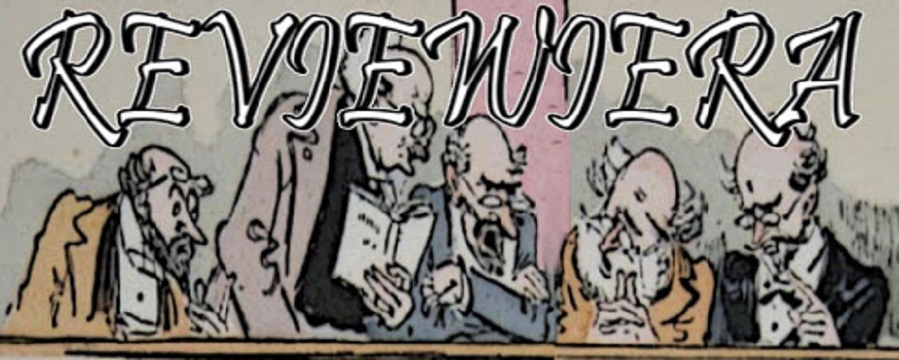Blonde (2022, Andrew Dominik) is an expressionistic Hollywood Melodrama that luridly indulges in showing the ugliest nightmares of abuse and trauma as experienced by the most beautiful dream star persona the screen has ever known. And visually its style looks like it could be from the 1950s, except for the fact that it’s also one of the few movies nowadays that doesn’t look exactly like every other movie.
Blonde doesn’t hold back. Because it’s set in the ‘50s, its central protagonist has the benefit of being from an era before the internet, social media, and camera phones had come along and began to scrutinize, capture, and transmit every aspect of the lives of high-profile public figures. The star persona in this movie remains a legend—a legend that’s preserved because the public was never able to know the real person. And like the best forms of expressionist art, Blonde isn’t about reality. It's about catering to our darkest desires; not everyone, but those of us who think we’re sublimating a shameful tabloid curiosity through respectable art.
Because it’s almost as if the more difficult the scenes to watch were, the more compelling and engrossing they were. It’s easy to empathize with Norma. The fictionalized Norma—a star persona of a star persona—wasn’t wanted by anyone yet wanted by all. She’s not so much relatable as a person as she is as a martyr. Because where does all her beauty, fame, talent, and the magnitude of her as a star get her? Is she any better off? How much of what makes her life so miserable is everyone else’s fault? The men? The Industry? Her own? Or is this all some truth about just the way things are?
There’s a distancing effect legends have. What’s unbearably horrific to process in everyday life can be shocking and somehow transformatively cathartic tragedy through legend. The disavowal from watching the mental illness, abortions, drug/child/spousal/employer/sexual abuse, and delirium may come from our certainty that ultimately none of it can tarnish her star persona.
As for the look of Blonde, it embodies a style I’ve long strived to articulate. First, there’s an idea I have of what I think of as looking like an early 90s music video. And that begins with high contrast shadows, sculpted light, like 30s-40s Hollywood glam—like Fincher’s “Vogue” video. But there are other examples of harder light too. (I hate when people use German Expressionism as a term to describe high contrast black and white. Just because it’s high key and you’ve seen Caligari doesn’t mean you’re making any sense.) And I also had some kind of connection I thought existed between that Madonna backstage documentary Truth or Dare even into her whole Erotica phase and what I’d wanted to see: a movie that combines that 90s faux Old Hollywood glam look with the candid backstage erratic staginess of a photo shoot in progress. What other movie has done that?
Some of Todd Haynes work has some of these qualities. Superstar has the look; Velvet Goldmine has the feel and staging; I’m Not There almost does it. Except Blonde is still the only movie I can think of that looks like a series of in flux high-gloss gorgeous fashion photography vignettes (it even makes a puking scene seen from inside the toilet look pretty). And it’s for this reason on which I hang my claim that it doesn’t look like all the other movies. I can’t get enough 4x3. And another of its expressionistic qualities is that Blonde shifts between aspect rations and color/black-white based on feeling or mood, instead of adhering to some formal narrative distinction. I forgot about Andrew Dominik though. He’s had some serious style in his other films. Especially Killing Them Softly (2012). That hit with the Brad Pitt character doing that drive by.
The ending of Blonde left me at a loss. But it’s because the way I read it in the novel devastated me to tears. It’s the same ending. But in the movie it felt hokey, a little too Twin Peaks, you know? Like Nick Cave was aping the Badalamenti moody spiritual quasi new-age synths along with some questionable only Lynch can get away with type photoshop (or just cheap cg) effects. So in the book as I recall (it’s been a long time) Norma dies and there’s this amazing kind of oh it’s finally over for her she doesn’t have to be in agonizingly excruciating pain moment and waiting for her more than anything she always wanted to see in heaven is her dad and it’s still just that snapshot and it’s so harsh, so pathetic that she never got the real thing but it means just as much to her.
Blonde is a work of art. The form it represents is artifice as a means to attain something real that’s really artifice that came from something real… and on and on…
9/23/2022 Midtown Art Cinema
Atlanta, GA
DCP


